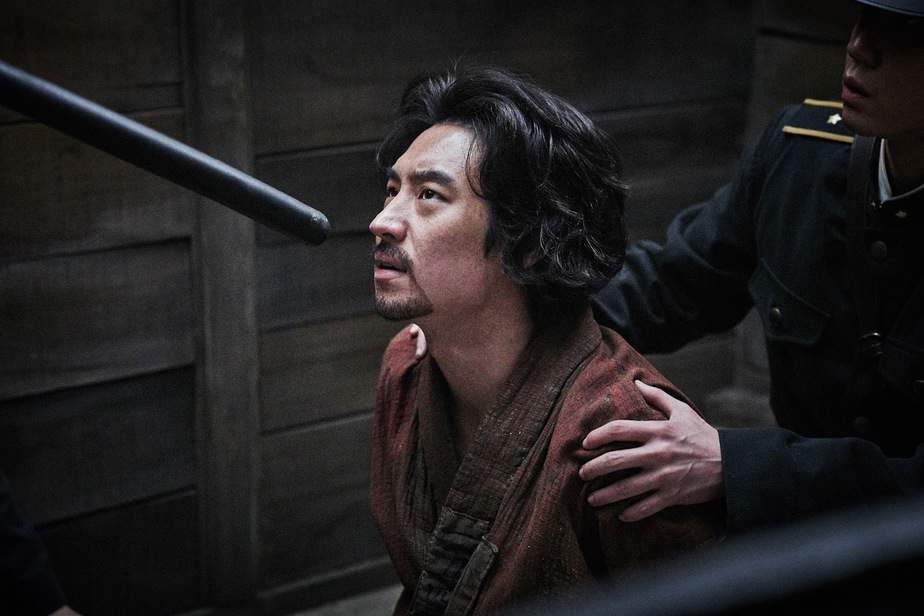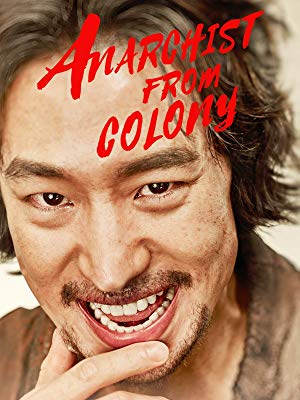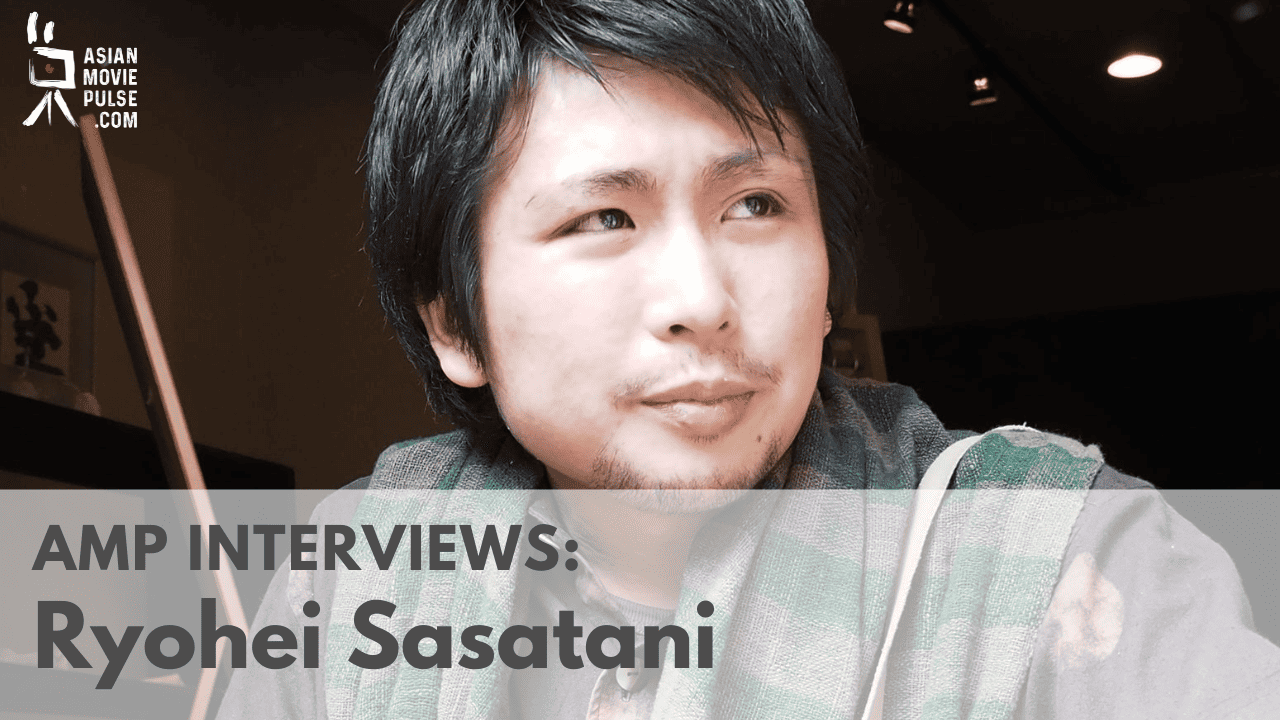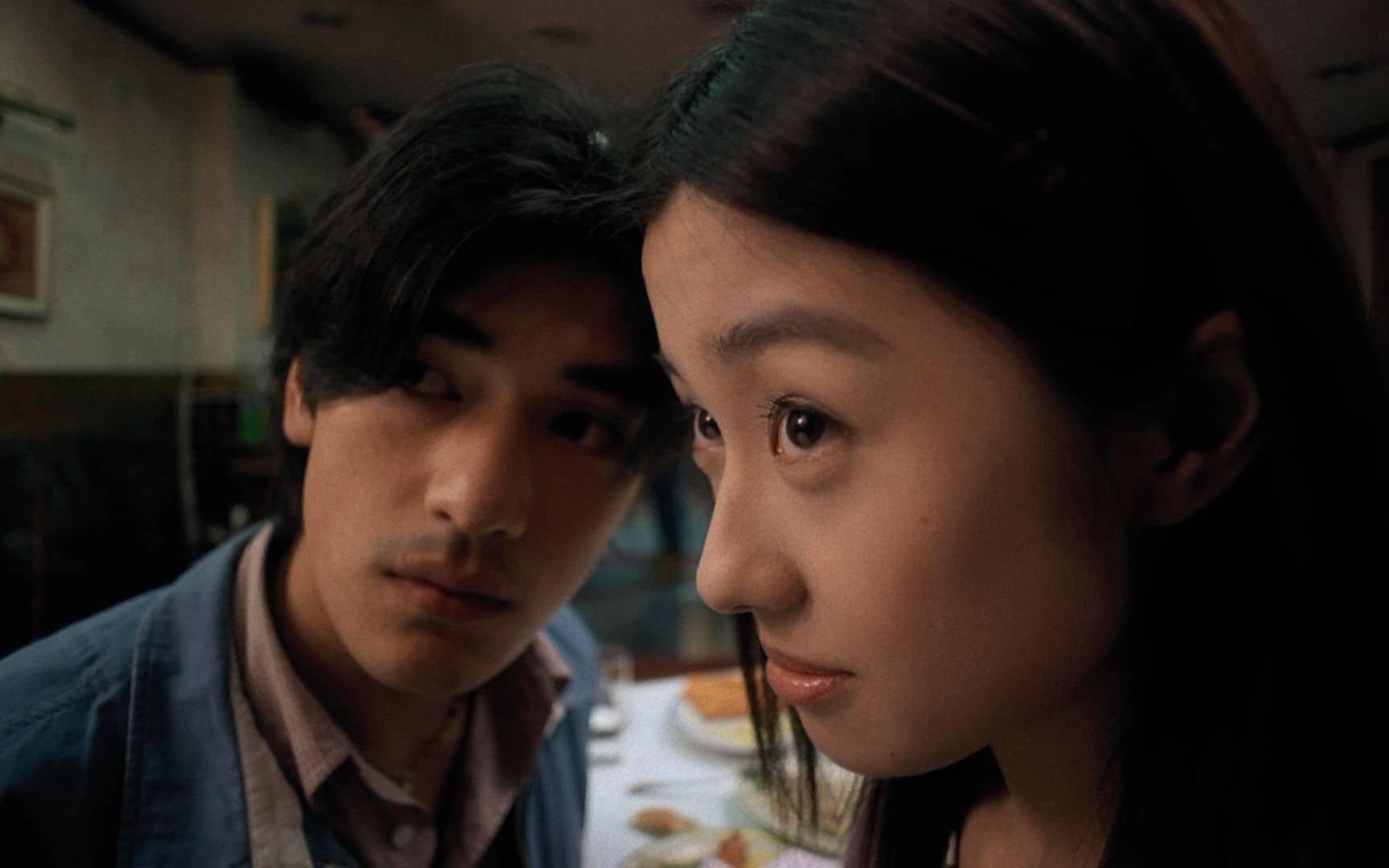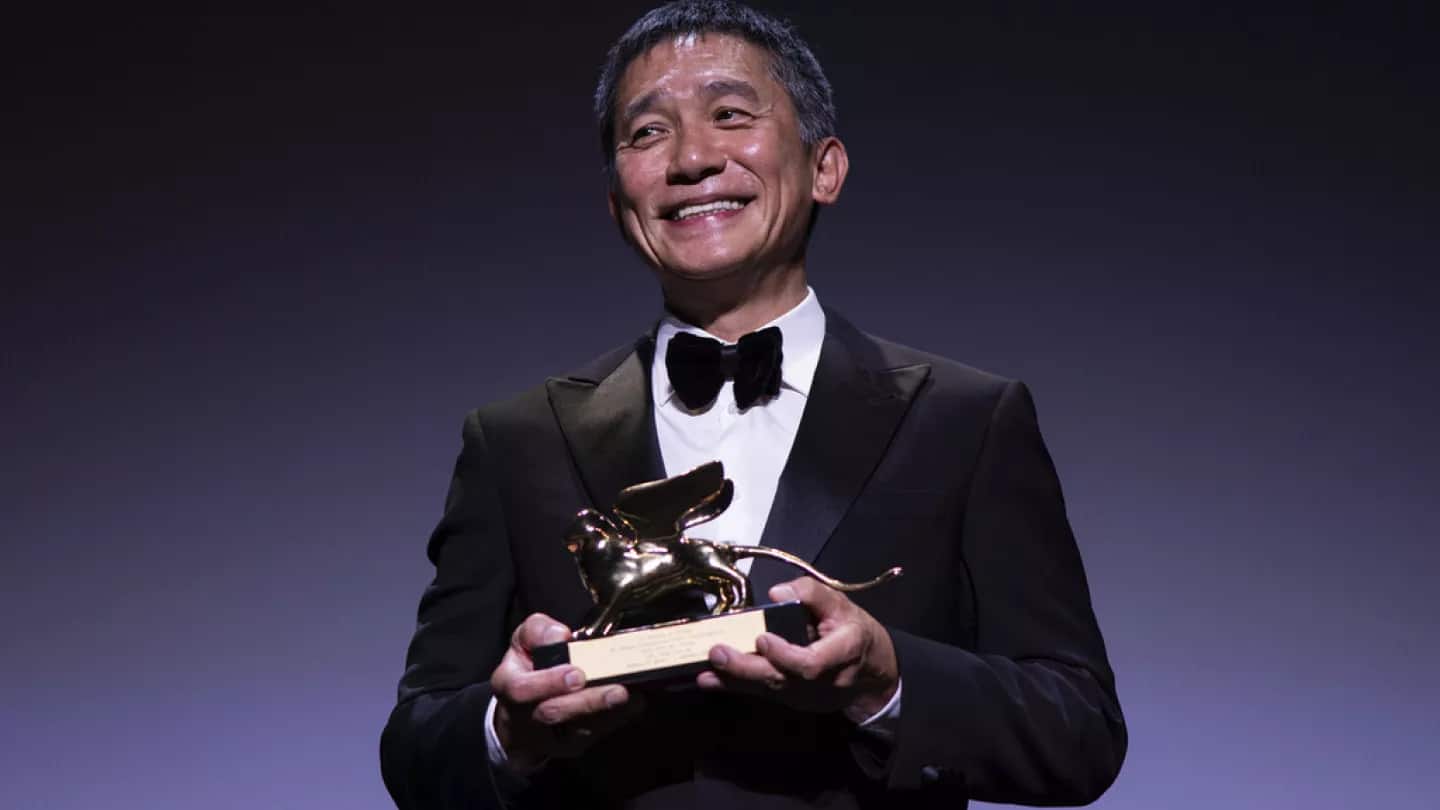2017 was a strange year for Asian cinema, after the impressive 2016, where “Godzilla”, “Your Name”, Nikkatsu's new Roman films and the latest films by Park Chan-wook, Na Hong-jin and “Train to Busan” turned the interest of the international audience towards SE Asia, once more.
2017 has been a much more low-key year for Asian films however, giving the opportunity for productions from other Asian countries to shine, in contrast to 2016, when S.Korean and Japanese films dominated this list. So, without further ado, here are the 20 Best Asian Films of 2017, always with a focus on diversity, in random order.
(Some of the films premiered in 2016, but I took the liberty to include them, since they circulated, mostly, in 2017).
Small Talk (Huang Hui-chen, Taiwan)
The documentary thrives on realism: no additional footage for the purpose of visual treatment, no dramatization, and in general, no elements that serve the purpose of beautifying the film. I found this tactic ingenious, particularly because the dialogues-interviews and the footage from the past (photos and videos), present the subject in a no-nonsense approach, through Jessica Lin's editing, that benefits the medium the most, as Huang allows her audience to contemplate on the main issues, without distractions. Some comments regarding the conservatism of the old generation, which was the reason A-nu had to marry, the general approach of the Taiwanese and particularly of the new generation towards LGBT are also presented, and provide additional depth to the documentary.
Anarchist from the Colony (Lee Joon-ik, S. Korea)
Lee Joon-ik uses a very interesting and quite unusual style of narrative for such a subject, retaining a happy-go-lucky sense for the majority of the film's duration. What is impressive is that he manages to retain this style even in the most dramatic moments, like the violence against Korean or the beatings of the anarchist group, the interrogations, the trial, even the rather dramatic ending. In a cinema such as the Korean, where the melodrama seems to be everywhere, I found this approach delightful, as it induces the movie with much humor, and subsequently entertainment, without losing anything of the subject's gravity. Add to that some noir elements, and the fitting, jazzy music tracks that dominate the movie, and you have the backbone of the production.
Buy This Title
With Prisoners (Andrew Wong Kwok-huen)
Andrew Wong Kwok-huen in his debut directs a film that functions as a very harsh critique of the correctional facilities in the country, particularly the ones for juvenile offenders, which are considered (as stated in the movie) much worse than those for the adults are. In that fashion, the circumstances are truly hellish, which leads many of the convicts to despair and even suicide, despite the relatively small time of incarceration (a few months). The correctional officers are portrayed as true villains, who repeatedly state that they consider the inmates scum with no chance of rehabilitation, thus justifying their despicable behaviour, at least to themselves.
Buy This Title
Merry Christmas Mr. Mo (Lim Dae-hyeong, S. Korea)
Lim Dae-hyeong directs a film that moves between Charlie Chaplin and Jim Jarmusch's movies, in a surprising combination that benefits the production to the fullest. In that fashion, Mr Mo's laconic, slapstick-funny behaviour represents the first element, particularly in the short film he is trying to complete, while the general atmosphere of the misfits wondering around the country, drinking in bars and acting unconventionally, to say the least, represents the second. Add to that the precision that derives from each shot of Moon Myung-hwan's black-and-white cinematography, the combination of retro and modern images, the somewhat abrupt but equally precise editing of Park Se-young-I, and the slapstick humor that puts an almost permanent smile on the viewer's face, and you have a film that looks like a Korean version of a Jarmusch movie.
Buy This Title
Marlina the Murderer in Four Acts (Mouly Surya, Indonesia)
Through the four acts, Surya presents an odyssey of a woman who experiences an awakening about who she actually is and the world around her, with the end of the trip finishing a cycle in the most meaningful way, as Surya elaborately builds the sympathy of the audience towards the main characters. The movie is set on realistic premises, particularly regarding the living conditions in the country and the presentation of its culture, but some surrealism is not missing, chiefly through the concept of the decapitated corpse that seems to follow Marlina around. These moments however, provide the film with a unique sense of humor, which makes it more entertaining and “breaks” the art-house aesthetics that dominate, after a fashion.


